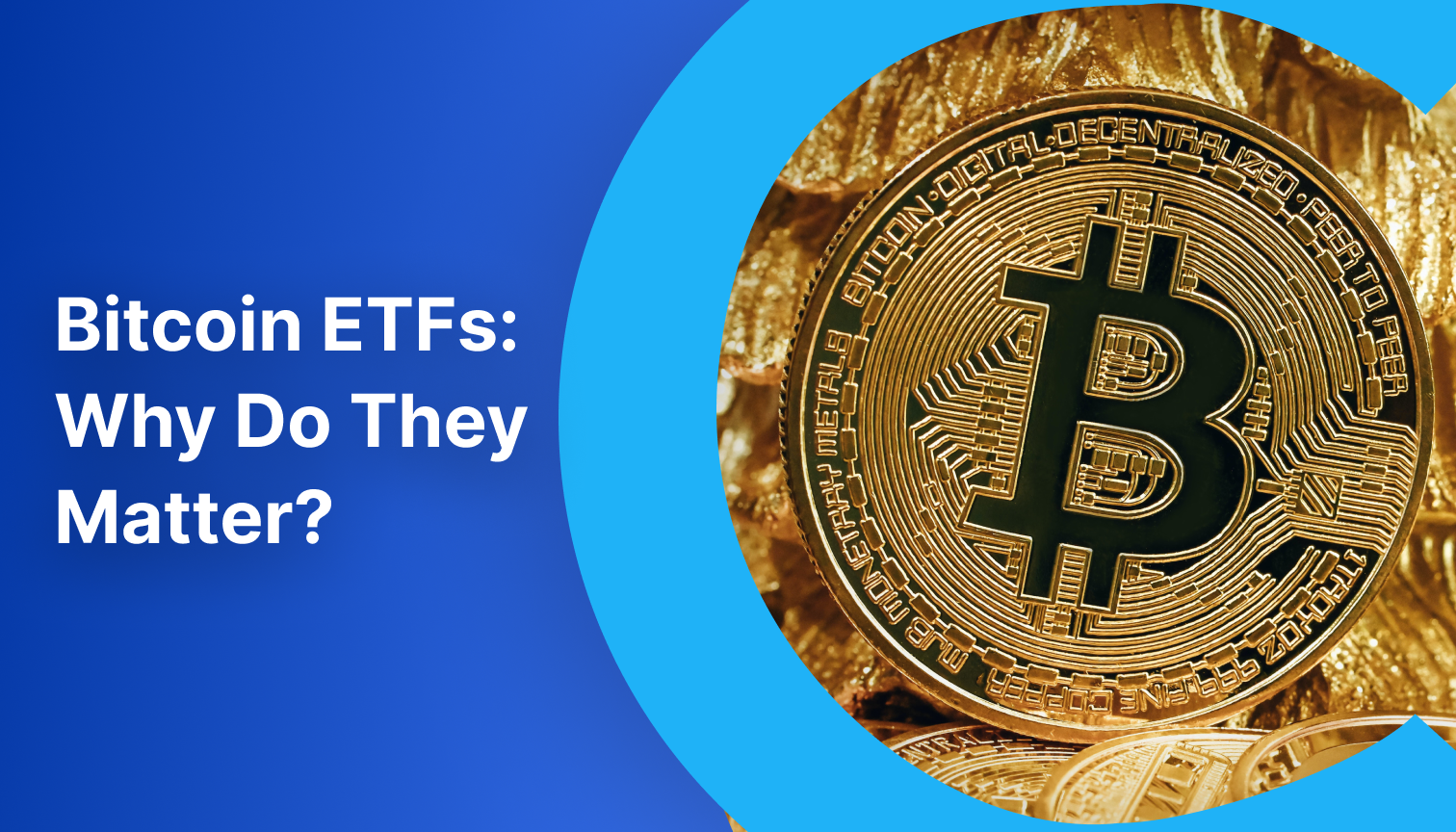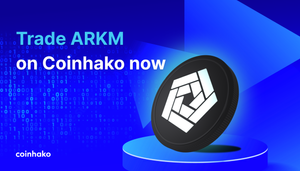The word ETF has certainly made noise for the crypto industry to start 2024, as we saw crypto prices soar following news that the U.S. Securities Exchanges and Commission (SEC) has approved some of the first Spot Bitcoin Exchange Traded Funds (ETF) on 11 January 2024.
We saw Bitcoin’s price rise some 9%, peaking at S$65,013.26 to following the news.
Ethereum also saw a swing of close to some 14% peaking at S$3,579.00 on the night of 11 January 2024.
View more live prices and trade crypto
What is an Exchange Traded Fund (ETF)?
An Exchange Traded Fund (ETF) is a type of pooled investment security that operates much like a mutual fund though, ETFs can be purchased or sold on a stock exchange the same way that a regular stock can. Typically, ETFs will track a particular index, sector, commodity, or other assets, like the S&P 500 or Dow Jones Industrial Average – which tracks the price from a basket of stocks from some of the best companies in the United States of America.
Bitcoin ETF and How It Works
Instead of allowing users to gain exposure to the price movements from a basket of stocks or other assets, a Bitcoin ETF allows users to gain exposure to the price movements of Bitcoin without actually holding the cryptocurrency. To date there are 2 types of Bitcoin ETFs, namely:
Futures Bitcoin ETF
The first futures based ETFs were actually approved by the SEC for the U.S. market as early as October 2021.
These ETFs track the value of cryptocurrencies by investing in futures contracts for cryptocurrencies like Bitcoin.
As the expiration of the contracts in the portfolio approaches, the fund rolls over its investments, selling the expiring contracts and buying contracts for the coming month. The costs associated with rolling over the contracts may account for some of the differences between the performance of the ETFs and their underlying cryptocurrencies.
Spot Bitcoin ETF
The big news to kick off 2024 was around the first 11 approved Bitcoin Spot ETFs by the U.S SEC.
Spot ETFs invest in the asset directly and allow investors to follow its price movements more directly. In a spot crypto ETF, the fund can issue and redeem shares, offering retail and other investors more liquidity in the crypto market and a chance to gain exposure to these assets.
Bitcoin Spot ETF v.s Bitcoin Futures ETF
Underlying Asset
Spot Bitcoin ETFs directly hold physical Bitcoin as their underlying asset. Investors own a share of the ETF, which represents a portion of the actual Bitcoin held by the fund.
Bitcoin Futures ETFs invest in Bitcoin futures contracts rather than holding physical Bitcoin. A futures contract is an agreement to buy or sell Bitcoin at a predetermined price and date in the future.
Price Formation
The price of a spot Bitcoin ETF is directly influenced by the spot price of Bitcoin in the market. It reflects the real-time value of Bitcoin.
The price of a Bitcoin futures ETF is influenced by the price of Bitcoin futures contracts, which can differ from the spot price due to factors like market sentiment, demand, and expiration dates of the futures contracts.
Asset Custody
Spot bitcoin ETFs securely hold bitcoins in a secure digital vault, which registered custodians manage.
A Bitcoin futures ETFs aims to track the price changes of Bitcoin by buying and selling derivatives contracts.
Trading and Liquidity
Spot Bitcoin ETFs are traded on stock exchanges like traditional ETFs, providing investors with easy access to buy and sell shares throughout the trading day. The liquidity of spot Bitcoin ETFs is typically higher compared to Bitcoin Futures ETFs.
Bitcoin Futures ETFs are traded on futures exchanges, which have specific trading hours and may not operate 24/7 like spot markets. The liquidity of Bitcoin futures contracts can vary, and it may be more challenging to trade them during periods of low volume.
Regulatory Framework
Given that Bitcoin Spot ETFs was only approved by the SEC in January 2024, it’s safe to say that the regulatory framework is far from finalised.
Bitcoin Futures ETFs, having been approved since 2021, has had considerably more time to establish a regulatory framework.
Why does a Bitcoin Spot ETF matter?
- This has been in the works for many years now
- Better accessibility to cryptocurrencies like Bitocin for the masses minus all the “hassles” that comes with owning the asset directly
- Like paying network fees, trading fees on exchanges, fees for custody – these are all managed by the institutions that supply the ETFs
Increased Accessibility
Approval broadens accessibility, attracting a more diverse investor base and fostering a robust cryptocurrency market
Positive Market Sentiment
Regulatory approval signals increasing acceptance and legitimacy, positively influencing overall market sentiment and confidence. At the same time, it improves the chances of institutional interest in the market, as ETFs allows without the risks of managing the assets directly.
A sign of more ETFs to comes
On the heels of the Bitcoin Spot ETFs approval are Ethereum Spot ETFs, which could be coming sooner rather than later. Currently, there are seven ETH spot ETF applications pending SEC approval, with VanEck first in line with the deadline of May 23, 2024.
The securities watchdog has already instituted proceedings on VanEck's applications, and it is expected to be a smoother process — Ethereum Spot ETFs seem to have been spared the doubt and prejudice that plagued Bitcoin Spot ETFs.
Can you trade ETFs on Coinhako?
While we do not facilitate the trading of any ETFs on Coinhako at the moment, our mission remains constant – which is to provide access to as many cryptocurrencies and crypto products as possible for the markets we serve.
You can access a wide variety of cryptocurrencies on Coinhako, so you do not miss exposure the price movements that might arise from such key market events.
View more live prices and trade crypto
Disclaimer: All writers’ opinions are their own and do not constitute financial advice. As a company, we do our best to provide information that is accurate and valuable. The contents of this blog post are intended for educational purposes only. Individuals are advised to perform due diligence before purchasing any cryptocurrencies as these assets are subject to high volatility, and understand the risks associated with trading cryptocurrencies.
👉 Join us on Telegram and Instagram
🤔 For any queries, please reach out to us here, or visit our Help page.
Copyright © Coinhako 2024 All Rights Reserved. Read more on our terms of use of this blog. All opinions expressed here by Coinhako.com are intended for educational purposes, taken from the research and experiences of the writers of the platform, and should not be taken as investment or financial advice.






